Lenten fast for climate justice
This Lent (February 18 – April 2) the Global Catholic Climate Movement is calling for a global fast for climate justice, joining the year-long #FastForTheClimate interfaith effort.
Examples of other issues we work on include anti-racism, the response to HIV/AIDS, and human trafficking, among others.

This Lent (February 18 – April 2) the Global Catholic Climate Movement is calling for a global fast for climate justice, joining the year-long #FastForTheClimate interfaith effort.
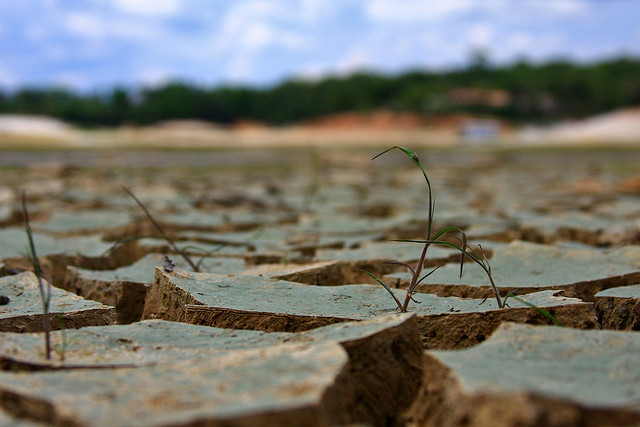
One of the greatest contemporary battles that we face today is the struggle to protect our natural world, which many indigenous cultures affectionately refer to as “Mother Earth,” which includes the interconnected web of living creatures that sustains and nurtures the balance of all life on this planet.

This edition of Encounters focuses on the larger, more visible, part of the collaborative economy referred to by most as the “sharing” economy, also called the “Mesh” economy and “gig” economy.
U.S. Catholic bishops urge Congress to consider legislation pertaining to trade agreements that would abide by principles which promote and defend human life and dignity, protect the environment and public health, and promote justice and peace in our world.

Write your member of Congress today and let him/her know that climate change is important to you and that they should contribute to the Green Climate Fund.
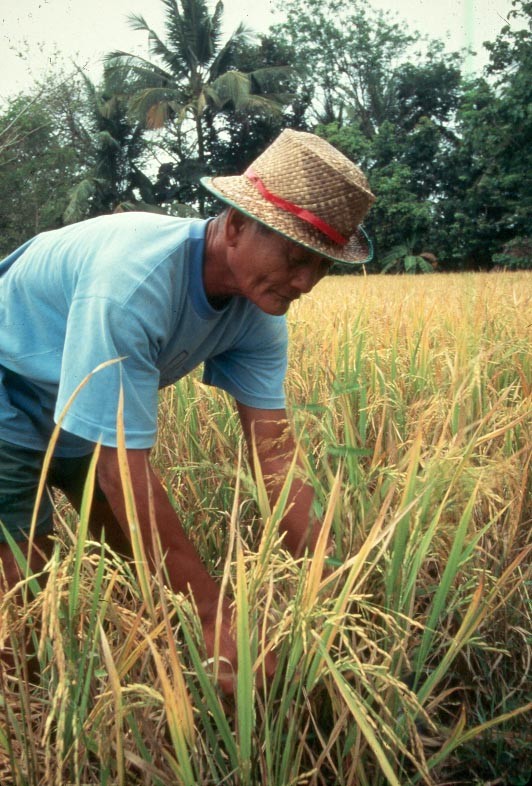
The following article, published in the November-December NewsNotes, was written by Fr. Ken Thesing, MM, who lives and works in Rome.

A few resources from the September-October 2014 NewsNotes.
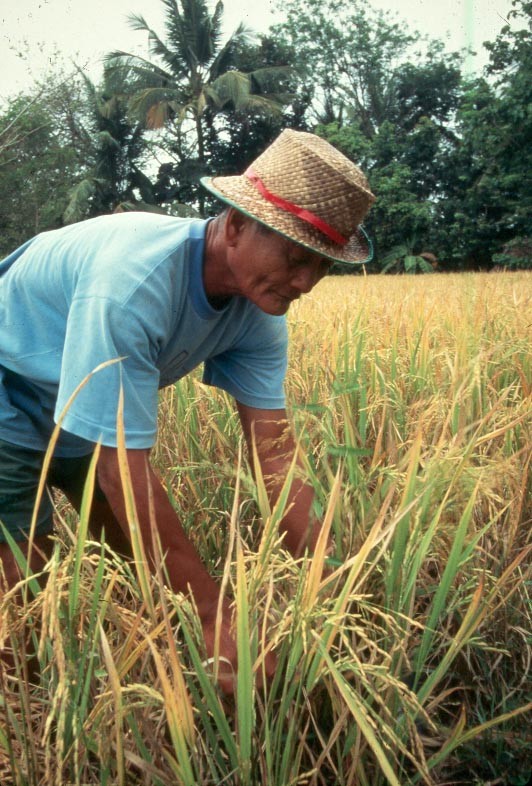
Alex Bianco, an intern with the Maryknoll Office for Global Concerns’ Faith Economy Ecology project, contributed to this article was published in the July-August 2014 NewsNotes.

The following article by Dave Kane appeared in the March-April 2014 NewsNotes.

The Maryknoll Office for Global Concerns signed on to this letter to Senate and House leadership on the 2014 Farm Bill.

Honey bees, native bees and other pollinators are responsible for one out of every three bites of food we eat, but are now in alarming decline.
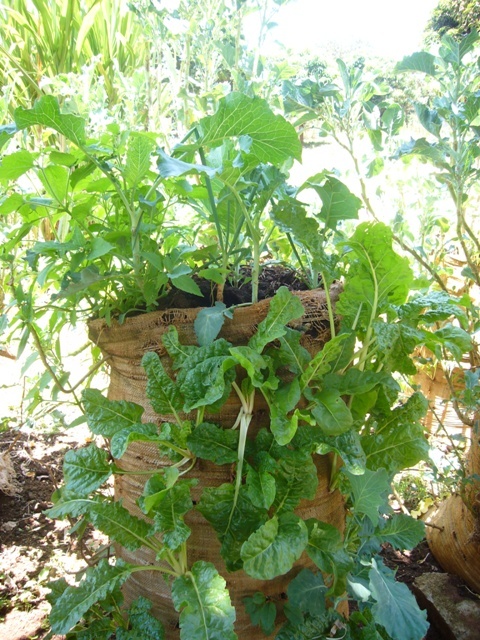
“Stop policies that foster hunger,” urge advocates.
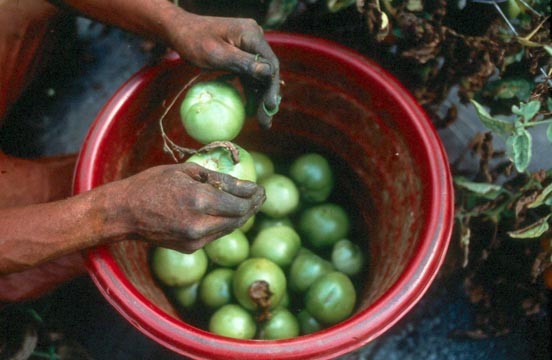
For the past two decades, small producers and family farmers have been shaping the concept of food sovereignty, based in the belief that all people deserve a say in how their food is produced, as well as the right to grow and produce it themselves through ecologically sound and sustainable methods.
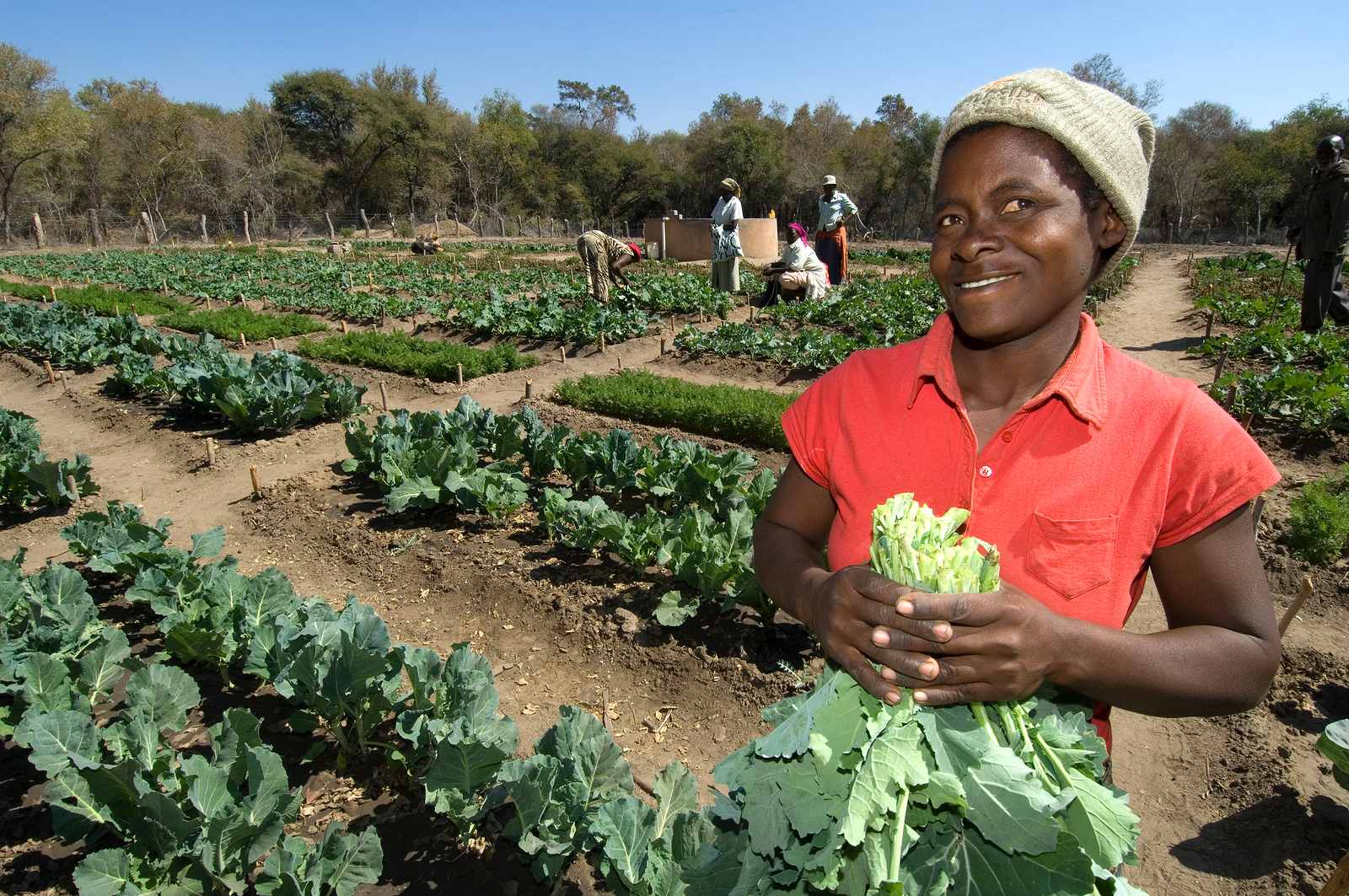
Since the food crises in 2008-2009, a number of programs have evolved to increase investments in African agriculture and rural development.
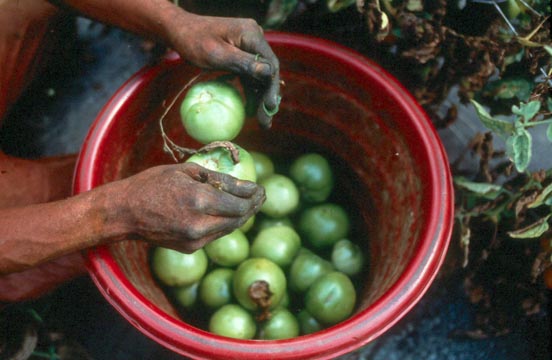
The MOGC and colleagues signed the following statement in support of the Global Food Security Act of 2013.
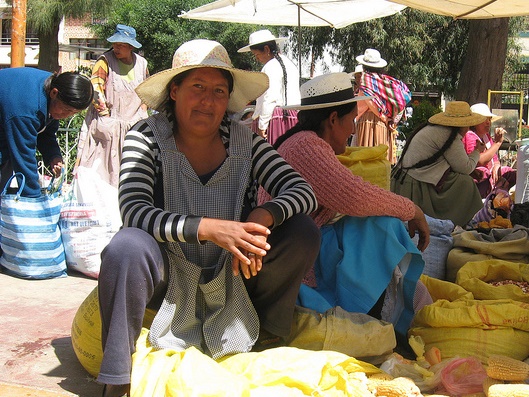
At the June 27-28 Vienna+20 High-Level Conference on Human Rights, the Global Network for the Right to Food and Nutrition (RTFN) was launched with the intent to hold governments accountable for the realization of one of the most violated human rights worldwide: the right to adequate food and nutrition.

The following principles are promoted by the Extractive Industries Working Group, a coalition of faith, human rights, and environmental organizations concerned about the negative impact of extractive industries on the human and natural world.
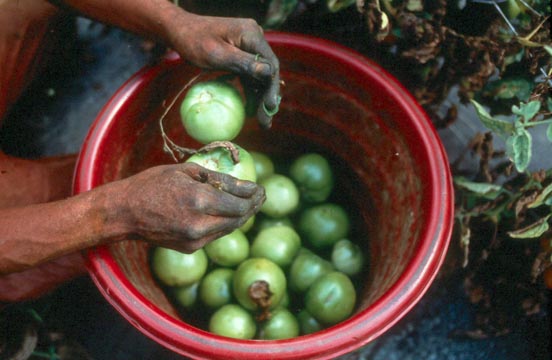
Important international food aid programs governed by the farm bill – such as Food for Peace (PL 480), which was first signed into law by President Dwight Eisenhower in 1954, and which reached over 53 million people last year – are at risk of devastating cuts.